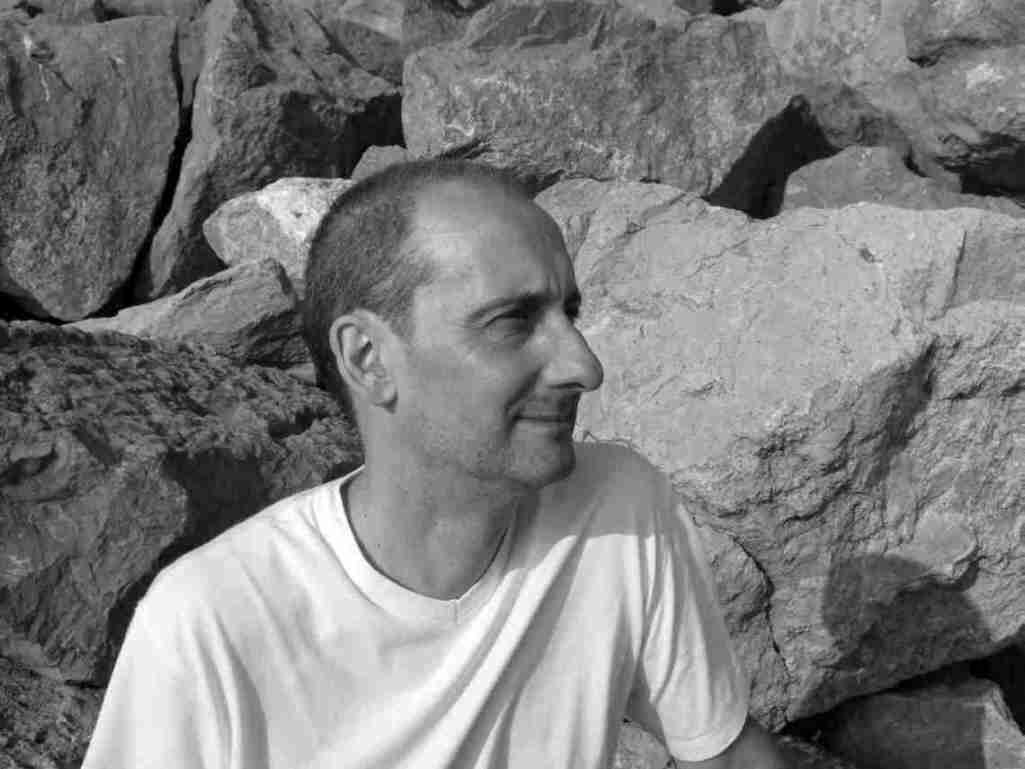 |
| A British trench near the Albert-Bapaume road at Ovillers-la-Boisselle, July 1916 during the Battle of the Somme. The men are from A Company, 11th Battalion, The Cheshire Regiment. |
Read Part 1
Read Part 3
Stop 3 Pierhead, Liverpool
Lowry makes several references to the Pierhead and the Liver Buildings in his work. Also the setting for a whole chapter in forthcoming publication of previously unpublished novel In Ballast to the White Sea (October 2014).
 |
| Pier Head Liverpool Circa 1930s |
The Liver Building is topped by the Liver Birds which have become symbols for the city. I am sure that Lowry would have appreciated that irony, with his love of birds, that the mythical Liver Birds are based on the cormorant, which is a symbol of deception and greed - a fitting symbol for Lowry's "terrible city whose main street is the ocean" 'Forest Path to the Spring' (Hear Us O Lord etc pg 226)
The Consul recalls the Liver Buildings in Under The Volcano when he returns to Liverpool aboard his Q-ship Samaritan during WW1; "How strange the landing at Liverpool, the Liver Building seen once more through the misty rain, that murk smelling already of nosebags and Caegwyrle Ale.." (Pg. 135).
 |
| Shanghai 1927 |
Lowry refers to Chinese participation in WW1 in his first novel Ultramarine - the Chinese Labour Corps; "We'll put you in the Chinese Labour Corps. The order of the rising sun - tee hee! - for promiscuous gallantry." (See Chinese Labour Corps)
 |
| Cammell Lairds 1940 |
A freighter builds in Birkenhead where rain
Falls in labourers' eyes at sunset. Then
She's launched! Her iron sides strain as merchants gaze;
A cheer swoops down into titanic ways.
Lowry referencing Cammell Laird shipyard in Birkenhead.
Lowry writes a poem in 1940 entitled 'Epitaph On Our Gardener, Dead Near Liverpool' when he hears of the death of his old friend - George Cooke - the gardener to the Lowry family who lived in Caldy, Wirral.
Lowry makes reference to the bombing and war on Merseyside;
.....Good folk of Wirral,
Empty the sky one instant of evil.....
Let hatred pause a moment. Rest your gun
Against this stone in heart......... (Collected Poems 210.3)
Continuing with theme that Lowry may have felt guilty about being cut off from his family who were threatened by war? (See Bowker Pgs 270-298) for details of early WW2 "exile" in Canada and relations with his family and possible enlistment in British and Canadian armies) - see poems below written in Vancouver circa 1940
The Prodigal speaks:
I have no forgiveness in my soul
And I want to get out of this hell hole (Collected Poems 209.1)
Read 'Draft Board' 1940-45 :
Back broad and straight from crop to hocks.......
Add 25 counts of progeny
See you in Liverpool (Collected Poems 203.3)
Read 'Dream of Departing Soldier'
Good bye, old comrade, of your death I pray
It proves sweet marjoram nor turn caraway. (Collected Poems 204.2)
Read 'Deserter'
In a refrigerator car at Empress,
Then, lying on bare boards in a small room,
Dead...'Should be in England?' 'Home for Christmas?' (Collected Poems 155.13)
Above poem probably based on yet to be identified newspaper article read by Lowry circa Winter 1939 - probably expresses his feeling that he would not fight/desert if forced to enlist - uses irony of over optimistic prediction that war would be over by Christmas which many thought in WW1. Lowry may also be refering to political situation within Canada in 1939 with regards to conscription (Read more about conscription in Canada in WW2)















